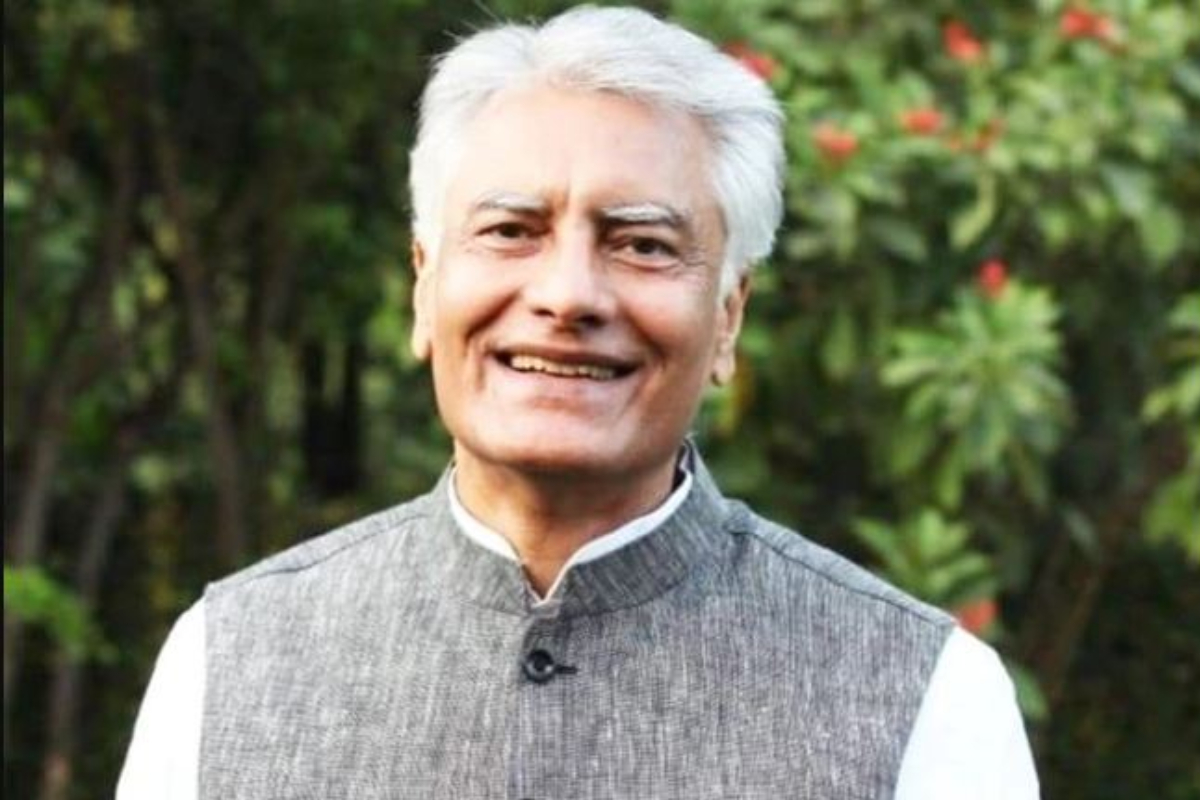
Jakhar, who has been at the forefront of the party's activities in Punjab, took over as the state BJP chief in 2021. His tenure has been marked by efforts to galvanize support for the party, particularly after the BJP's dismal performance in the 2022 assembly elections. Under his leadership, the party has focused on building a coalition of various community groups, aiming to enhance its outreach and connect with the electorate more effectively. However, internal dynamics within the party and strategic considerations regarding the upcoming polls may have influenced his decision to resign.
While the specific reasons behind Jakhar's resignation remain unclear, sources suggest that it could be tied to a desire for rejuvenation within the party's leadership in light of the forthcoming elections. The panchayat polls are often viewed as a barometer for larger electoral battles, and parties are keen to project a united and fresh front to the voters. The BJP's strategy in Punjab has increasingly leaned towards consolidating alliances with local leaders and groups to ensure broader support.
The party has been facing challenges in Punjab, particularly in the wake of the 2022 assembly elections where it won only two seats out of 117. This poor performance has compelled the BJP to reassess its strategies and personnel as it prepares for the panchayat elections, where it hopes to reclaim some lost ground. Jakhar's resignation may also signal a shift in the party's approach as it seeks to engage with a broader section of the electorate, including farmers and youth, who have been pivotal in recent electoral outcomes.
Emerging trends in Punjab's political landscape indicate that voters are increasingly driven by local issues, including agricultural distress and employment opportunities. The BJP, traditionally seen as a party aligned with urban and business interests, is now working to reshape its image to appeal to a more rural demographic. This shift in focus is critical as the party navigates a complex political terrain characterized by regional sentiments and party loyalties.
In the backdrop of these developments, the AAP has been making significant inroads in Punjab, having won the state assembly elections with a decisive majority. The AAP's success has not only reshaped the political dynamics in Punjab but has also posed a challenge for the BJP, which is grappling with questions regarding its relevance and appeal to the electorate. The party's strategy moving forward will likely hinge on its ability to connect with grassroots issues and present viable solutions to the electorate's concerns.
Key players within the BJP are now expected to deliberate on the future leadership in Punjab, as Jakhar's resignation prompts a critical evaluation of candidates who can effectively lead the party into the panchayat elections. The selection of a new leader will be pivotal in defining the party's electoral strategy and outreach efforts in the coming weeks. The party's leadership may seek to identify individuals who resonate with local communities and possess a strong understanding of regional dynamics.
Jakhar's departure also highlights the broader narrative of political fluidity in Punjab, where leadership changes can significantly influence electoral prospects. As the BJP navigates this transition, the focus will remain on rallying support from diverse constituencies and addressing the pressing issues faced by voters. The upcoming panchayat elections will serve as a crucial test for the BJP, assessing its ability to adapt to the evolving political landscape and rebuild its base in a state that has been challenging for the party.
